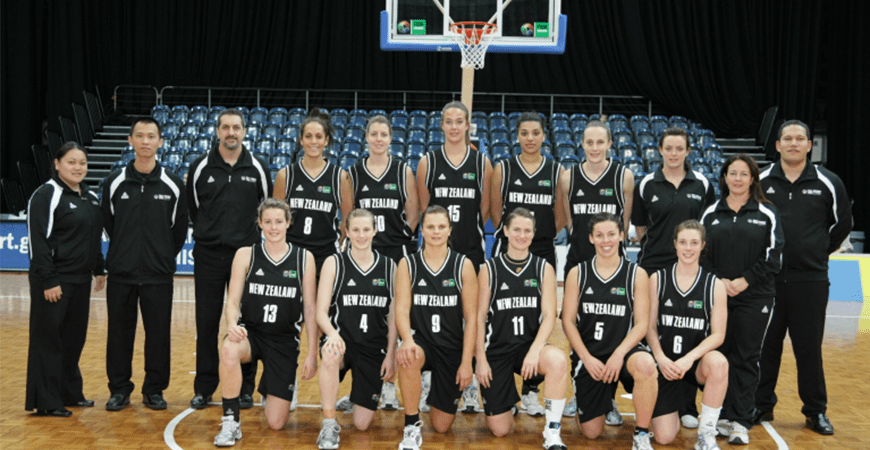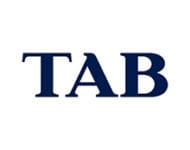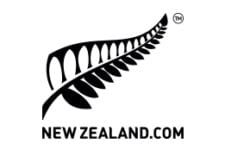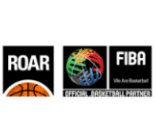If it hadn’t been for Suzie Bates’ selection for the White Ferns in 2006, we may have seen more of the dual international in a basketball singlet than cricket flannels.
Regarded as one of the top cricketers the international game has seen, and captain of the White Ferns for eight years, Bates came very close to taking up a college scholarship for basketball in the United States. Her sporting CV would have read much differently.
But New Zealand Cricket had other ideas.
“Looking back I probably wasn’t ready to play [cricket] at that level at that moment in time, but I think [then White Ferns head coach] Steve Jenkin caught wind of me contemplating the move, and knew that if I’d have left, I wouldn’t have come back,” Bates says.
“It was a big call, although I’m happy with how it’s turned out. And I’m sure he is too.”
Bates’ earliest memories of a basketball court are as a kid, watching her dad play for the St Kilda Wildcats in Dunedin’s club competition, while doing her best to keep up with her older brothers, Tom and Henry.
She played mini-ball at primary school and steadily progressed through the levels of play, but it wasn’t until high school that she knuckled down with basketball.
In her first year at Otago Girls’ High School, she made the Senior A basketball team.
The opening of a new gym resulted in her crossing paths with Otago Nuggets player Leonard King, who’s now Basketball New Zealand’s High Performance Manager. The American helped develop the teenage Bates’ game.
She was then selected in New Zealand’s U18 and U21 teams, but it wasn’t always smooth sailing.
“I can remember going to an Under 18 trial when I was about 16, and being told that my fitness levels weren’t where they needed to be to play at the international level,” Bates says.
“After hearing that, I went and tweaked my training to make sure that I got my conditioning where it needed to be.
“It was probably that feedback that lit a fire in me, and it’s what reminds me to make sure I’m working hard for whatever task is at hand.”
After leaving school, she continued to juggle cricket and basketball, representing Otago in both codes.
In the lead-up to the 2008 Beijing Olympics, Bates played for the Christchurch Sirens in the Australian Women’s National Basketball League. It was there that a core group of eventual Olympians trained and built up the chemistry required to compete with the world’s best.
While one would assume being named to go to an Olympics would be a moment of ecstasy, Bates says it was bittersweet.
“It was actually quite sad, because a big group of us had been training in Christchurch together for eight to 10 months and my good friend Antonia Edmondson [now Farnworth] ended up missing out,” Bates says.
“When I was called in and told I’d been picked, they also said to not show too much emotion, as Toni was coming in after me and wasn’t going to be part of the team. It was weird because I didn’t know how to feel. I was so gutted for Toni because she’d done all the hard work.
“So it probably didn’t really sink in until I got to the Olympic village.”
A 19-year-old Bates played against China, Spain, Mali, the Czech Republic and the star-studded US team at the Olympic tournament. The Tall Ferns finished with one win – against Mali – from their fives games.
“We actually missed the opening ceremony because we had to be up at like five or six in the morning for our game against Mali the next day,” Bates says. “Me and the girls would’ve loved to have gone, but the reality was we were there to compete.
“I’ve been a part of some special teams and played in some pretty big tournaments, but I’d have to say that the Olympics is still the pinnacle of my sporting experiences.”
Among her Olympic highlights was walking among world-famous athletes. Stars like Usain Bolt, LeBron James and Michael Phelps sat, ate and relaxed in the same areas as all the other competitors. In hindsight, she wishes she’d taken the time to score a few more photos.
“I do have a few a snaps from the trip but I’m disappointed I didn’t muster up the courage to ask some of the stars for a photo. It really was a once-in-a-lifetime opportunity,” she says.
Bates returned home with basketball at the top of her sporting priorities. But the opportunities to work on her craft dwindled as the Christchurch Sirens folded before their second season began.
She then moved to Australia to try out for the Sydney Uni Flames, but a ruling where Kiwis would be counted as imports put her behind the eight ball.
Fortunately as one door appeared to be closing, another was opening. Bates was selected to play in the 2009 Women’s Cricket World Cup in Australia, and with that, her focus shifted.
New Zealand finished runners-up to England, and Bates, the White Ferns opening bat, was named in the team of the tournament. The rest is pretty much history.
Reflecting on her sporting career, Bates says she was fortunate to have been around a time that allowed her to play both codes.
“The difference between when I started and now is that there are just far more opportunities for women,” she says.
“I wouldn’t say that we train any harder than those who played before my time, or at the start of my career. But the change in professionalism has been so big that young people are being forced to choose which sport they want to pursue far earlier than when I and others were made to.
“I’ve really been blessed with the teams I’ve been able to play in and being able to see first-hand the development in women’s sport has been awesome.
“I think we still have a ways to go, but it’s cool seeing someone like Amelia [Kerr] have the chance to go places with her sport and not have to worry so much about some of the things maybe I did when I was that young.”
Acknowledging there were few pathways for female athletes and employees to maximise their potential, Basketball New Zealand have designed programmes to address the issue.
Leonard King says there have already been positive outcomes.
“The programmes were designed specifically to create opportunities for women – increasing depth and representation at every level of the sport. At the senior level, we’ve introduced 14 new players to the Tall Ferns’ programmes over the past two years,” he says.
At the coaching level, there’s now a female high performance coaching programme, funded with support from High Performance Sport New Zealand and FIBA Oceania, and there are performance leadership opportunities to ensure women are well-represented at management level. Basketball NZ recently appointed a female high performance programmes manager.
As for Bates, she would like to turn her passion for sport, health and young people into a career when she decides to lay down her bat.
For now, though, she’s using her spare time in lockdown to improve her guitar skills. And when life returns to normal, she says she’ll be back working towards next year’s Women’s Cricket World Cup, to be played at home in New Zealand.





























